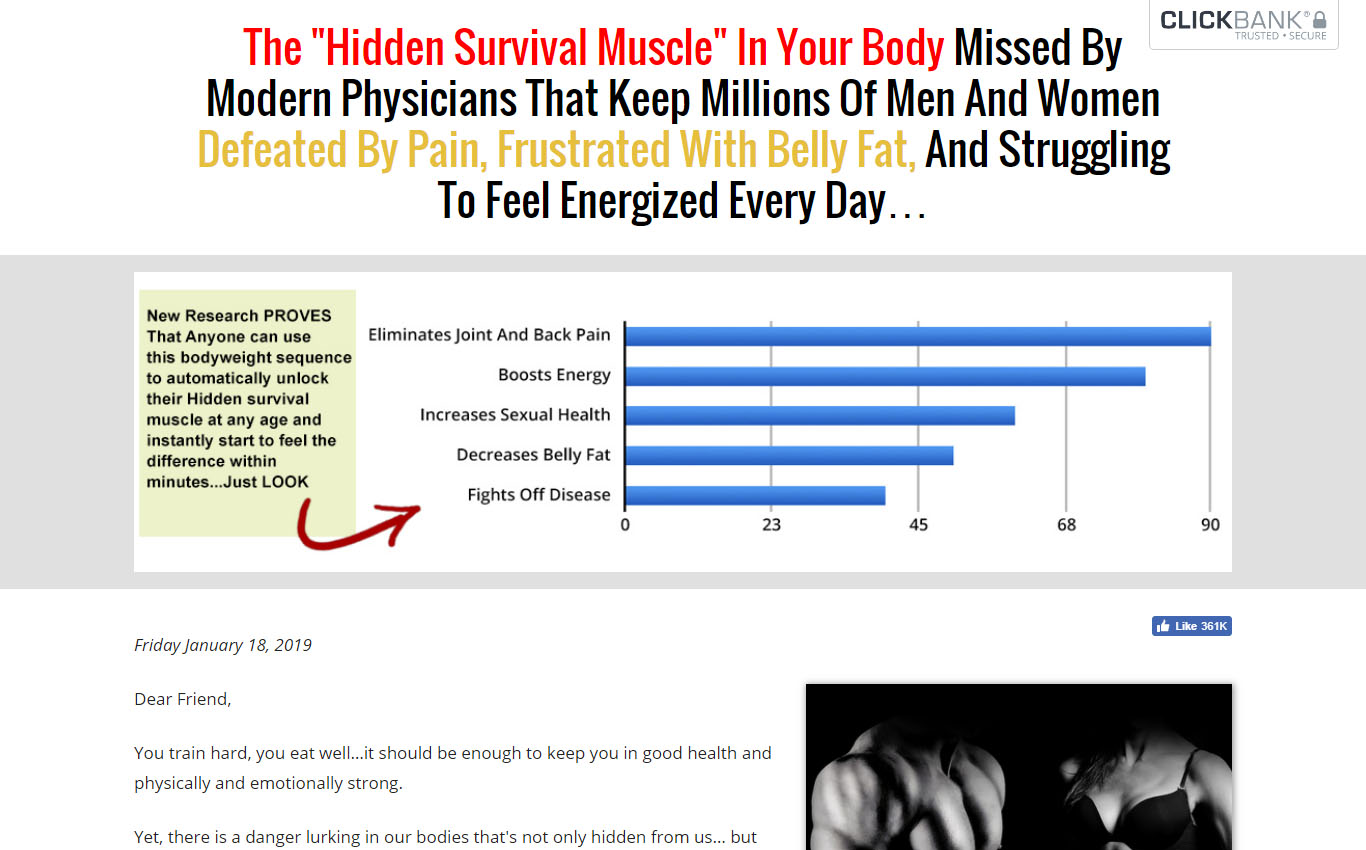Take a step back and think about where you spend most of your day. If you're a young athlete, you probably spend most of your time at school or maybe work or practice and even a little time at home, if you're lucky. Now think about what position your body is in during those periods. I would bet that you spend most of your day sitting down. You may walk to class or run in practice, but the majority of your day is spent in a seated position. 
Disc degeneration remains a key cause of chronic low back pain and the pain often persists despite surgery. NIH-funded basic science and preclinical studies are investigating molecular-level mechanisms that cause discs in the spine to degenerate, as well as protective mechanisms involved in disc remodeling that may diminish with advancing age. Such studies may help identify future therapeutic strategies to block degenerative mechanisms or promote remodeling processes. NIH also is funding early research on stem cell approaches to promote disc regeneration and rejuvenate cells of the nucleus pulposus, the jelly-like substance in the center of intervertebral discs that loses water content as people age. 
If all you’ve been doing for your lower body lately is the occasional lunge, it’s time to mix up your routine. “Our bodies move in different directions, not in one direction, so it’s important to mimic that during cross-training,” Whitesides says. That’s why instead of relying on a pattern of “lunge-squat-repeat” — you might want to throw some plié squats, or leg lifts into the mix.
Im a skateboarder and a couple weeks ago i skated alot every day and my lefy hip was starting to get sore. But of course i couldnt resist skating so i kept skating and it got worse and worse to the point i couldnt really skate at all without my hip hurting but of course i would still mess around on the board doing tiny tricks but a couple days ago i was just skating around not really doing tricks and i slipped and kicked my leg out and REALLY hurt my hip and thought i tore a tendon or something and couldnt walk for two days, but its gotten alot better and i can walk fairly normal and i ice it everyday but whenever i stretch it its just a really sharp pain it doesnt feel like im stretching it. What do i do when all the stretch does is make a sharp pain? How do i strengthen my hip? And how long would it take to strengthen my hip to full strength again? Because i cant stand not being able to skate. Please reply so i can skate as soon as possible thank you
Without changing the position of your knees, bend at your hips and lower your torso until it’s almost parallel to the floor (or as far as you can comfortably go without rounding your back). Pause, then lift your torso back to the starting position. Be sure to squeeze your glutes and push your hips forward to lift your torso back to the starting position. This ensures you’re engaging your hip muscles instead of relying on your lower back. Do 10 reps total.
The discs are pads that serve as "cushions" between the individual vertebral bodies. They help to minimize the impact of stress forces on the spinal column. Each disc is designed like a jelly donut with a central, softer component (nucleus pulposus) and a surrounding, firm outer ring (annulus fibrosus). The central portion of the disc is capable of rupturing (herniating as in a herniated disc) through the outer ring, causing irritation of adjacent nervous tissue and sciatica as described below. Ligaments are strong fibrous soft tissues that firmly attach bones to bones. Ligaments attach each of the vertebrae to each other and surround each of the discs.

You’ve heard the saying: it’s all in the hips, but for many of us, our hips – or more precisely, our hip flexors – are tight, stiff and inflexible. If you’re an office worker you can probably thank sitting down at your desk 8 or more hours a day for your tight hip flexors. Habitual sitting causes your hip flexors to tighten and shorten – adjustable standing desks, anyone?
If low back pain gets worse or does not improve after two to three days of home treatment, contact a primary-care physician. The physician can evaluate the patient and perform a neurological exam in the office to determine which nerve root is being irritated, as well as rule out other serious medical conditions. If there are clear signs that the nerve root is being compressed, a physician can prescribe medications to relieve the pain, swelling and irritation; he or she also may recommend limitation of activities. If these treatment options do not provide relief within two weeks, it may be time to consider other diagnostic studies and possibly surgery.


